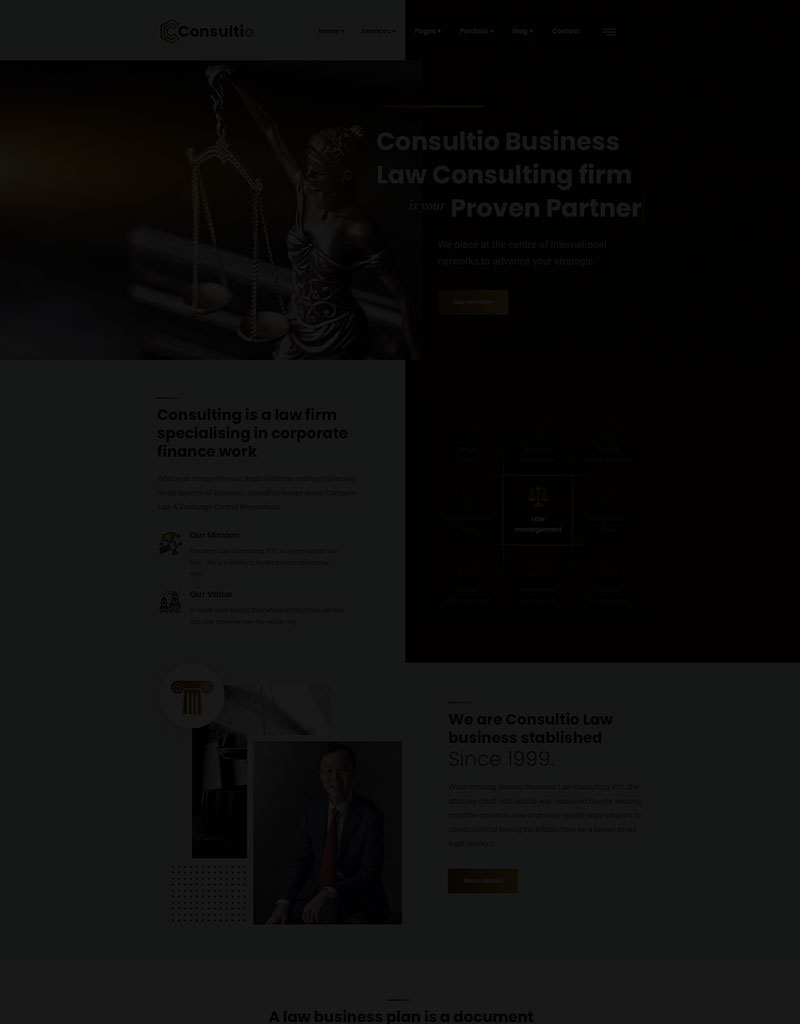


Welcome to Trickfast Digital

5S Certification

FSC Certification

FCC Certification

Halal Certification

Greenguard Certification

CMMI Certification

Don’t misread here we have random & interesting facts.
Frequently Asked Questions
No ISO Certification is purely voluntary but your Industry, Client or Government Department may stipulate it as a requirement in Tenders etc. However, it is an invaluable set of “Business Tools” that that can help in any Organisation. Is ISO Certification mandatory? No ISO Certification is purely voluntary but your Industry, Client or Government Department may stipulate it as a requirement in Tenders etc. However, it is an invaluable set of “Business Tools” that that can help in any Organisation.
There is nothing to stop you from doing all the work yourself but experience of over a combined 60 years in the industry has taught us much. In most cases, a “Home Grown” ISO system will add up to 6 months on to the time from Start to Certification and the costs (including hidden costs) will be double. The Maths speaks for itself!
The answer is you will never stop learning – even long service and experienced Auditors and Consultants will admit that. There is a new language to learn but it is a common way to describe parts of the systems and their actions. Within days, words such as Internal Audit, Non-Conformance will be used as if you had known them all your life.
That all depends on you as the Client! The more involved the Top Management are, the quicker you respond to tasks from the Consultant, the more the organisation takes the ownership of their system, the quicker the Management System can be installed, Targets set, Records are kept (the auditor has to see over a time period that the system works), and the Stage 1 and Stage 2 audit can be completed and the Certificate awarded.
The answer is not much depending on your existing processes. All the consultants will do is record your current working practices as the main part of their work. They then add the support functions that will help the processes be more effective. However, along the way, they may share their knowledge to help improve the processes but that depends on individual clients and their needs
From 2008, it was recognised that too many 1st audits were being failed by clients and it became a barrier to others taking ISO Certification. A Stage 1 Audit is to find out if the Client is ready to be audited and please remember that nobody is perfect, there will always be areas that need to be improved. The Stage 1 Audit will find out if there are any MAJOR gaps or holes that need to be fixed BEFORE the STAGE 2. Stage 2 may find areas that need tobe fixed but a Stage 1 saves time, money and embarrassment and the problems should not be MAJOR ones.
ISO Certification is a continuous process and has to be audited/monitored regularly to ensure continued compliance to the clauses set out in the various ISO standards. If not audited/monitored, you know what would happen?
As long as you have closed out any findings, the time should be relatively short depending on the Certification Body you use. In IQS Certification, it can be at the click of a mouse. SEE 8 Step Road to Certification
We all want out clients to pass their Audits/Tests and the way to ensure there is no favouritism or relaxing of the requirements of the Standards. Every Audit Report has to go before the Certification Panel to ensure the Auditor has performed the Audit correctly. Once the Certification Panel has seen the report and passed it, the Certificate can be issued. This depends on the individual CB and their set up.
As long as there no outstanding Major Non-Conformances, no outstanding payments to the previous CB, no Legal Actions – in other words, we don’t want to take on a problem. In all likelihood, we would call the existing CBand verify the current situation
As long as the standard has been updated to include HLS (High Level Structure) Clauses 4, 5, 6, 7, 9 and 10 are very similar so it would be very easy to have an Integrated System with. As mentioned elsewhere, Clause 8 is where the “Operations” are audited so that is where the main differences are.
Talk to your CB as most are reasonable and will do anything to resolve the situation.

